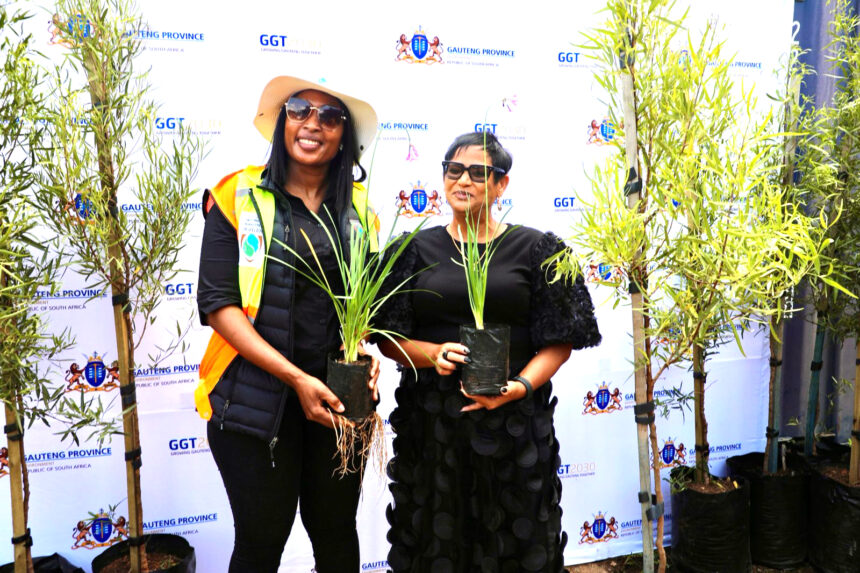Emmanuel Koro
JOHANNESBURG – Last week, two Gauteng Province, South Africa-based companies paid for the environmental crimes that they committed by supplying thousands of trees and shrubs (in-kind-payment) to the Gauteng Department of Environment (GDEnv), then used the money to pay for the balance of their fines.
Non-compliance with stipulated fines will result in harsh penalties.
This mixed cash-and-kind payment initiative, highlighted in the department’s annual report for 2023-2024, aims to mitigate the negative impact of illegal activities on the environment by making offenders pay part of the fines in kind – ways that support environmental conservation.
This innovative initiative is aimed at achieving sustainable development by balancing economic growth and social justice.
Among other things, the initiative is aimed at supporting the Gauteng Clean and Green Campaign, which involves regular cleaning up of the province’s litter hotpots and planting of fruit and shade trees province-wide.
During his February 2025 State of the Province Address, Gauteng Premier Panyaza Lesufi emphasised the importance of tree-planting in line with the Gauteng Clean and Green Campaign.
The GDEnv Member of Executive Council (MEC) Shyla Peters received the trees and shrubs from the two fined companies, at the Department’s Kempton Park-based facility. The trees will be planted as part of the 1 Million Trees Programme, which aims to plant 1 million trees in Gauteng Province.
“We would like to thank you for adhering to our call to make a difference within the environment in the Province, said MEC Peters, addressing representatives of the two companies. “I think as the newly-formed Department of Environment, we would like to change how we work with the public.”
One company, fined for unlawful recycling, paid part of its R625 000 fine by supplying 2 000 units of 1.0L Tulbaghia Violaecia shrubs and 300 units of Conti-suits to be used as Personal Protective Equipment for the Gauteng Clean and Green Campaign, under the Expanded Public Works Programme. The company has paid the R150 000 balance on its fine.
The second company, fined R2 million for illegal housing development, contributed 200 units of Rhus Pyroides trees, and has been ordered to employ four individuals from the surrounding community during the construction phase of the development. The company has paid the R250 000 balance on its fine.
Both companies are first-time offenders. They approached the GDEnv voluntarily to rectify their actions, and have already paid the reduced monetary fines to the Gauteng Department of Treasury. The funds will be used to support any other provincial activities.
The representatives of the companies thanked the GDEnv for offering environmentally-friendly alternatives to pay for part of their fines.
Emmanuel Koro is a Johannesburg-based international award-winning environmental journalist who writes independently on environmental and developmental issues in Africa.



